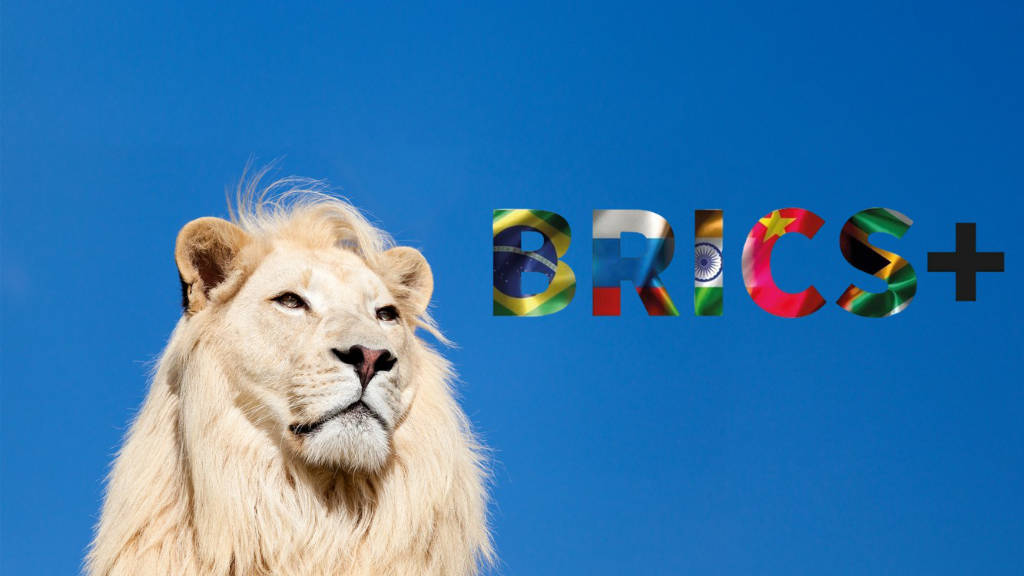The African continent was well represented at the 2024 BRICS Heads of State Summit, with two major African economies in Algeria and Nigeria, as well as Uganda now going through a membership process. Other African nations were also present. We summarise what happened on a country-by-country basis involving Africa as follows:
South Africa
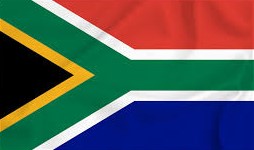
South Africa is a full member of BRICS, with President Cyril Ramaphosa attending with a large delegation including multiple other senior level energy, infrastructure, finance and trade officials. According to South Africa’s Industrial Development Corporation, South Africa’s foreign trade with other BRICS member countries reached US$63 billion in 2023, with exports expanding by 8.3% and imports by 10.2% that year.
Following a difficult election resulting in the first coalition government in South Africa, GDP growth has been sluggish, and 2024 BRICS trade is likely to be similar. We discussed Putin’s bilateral meeting with Ramaphosa here.
Egypt
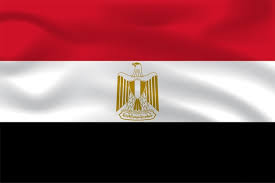
Egypt joined the BRICS group as a full member from January 1 this year, and sent a sizeable delegation led by the Egyptian President, Abdel Fattah el-Sisi. According to Egypt’s Central Agency for Public Mobilization and Statistics, Egypt’s foreign trade with other BRICS countries increased by 15% between January and August this year, reaching US$30.2 billion. This implies a 2024 total Egypt-BRICS trade value of about US$45.3 billion.
On the import side, Egypt brought in US$24.5 billion worth of goods from BRICS countries during the first eight months of 2024, marking a 17% rise. Egyptian exports to BRICS nations during the same period reached US$5.7 billion, up 7.3%. We discussed Putin’s bilateral meeting with Sisi here.
Ethiopia
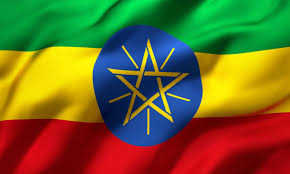
Ethiopia joined the BRICS group as full member from January 1 this year, and sent a delegation led by the Ethiopian Prime Minister, Abiy Ahmed. Based on individual country data we estimate 2024 Ethiopia-BRICS trade to be valued at about US$8 billion. We discussed Putin’s bilateral meeting with Ahmed here.
Nigeria
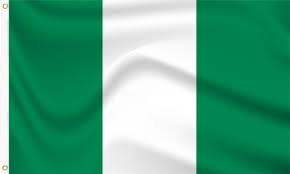
Nigeria were present with a trade delegation and departed with BRICS Partner status, following significant capital inflows into the Nigerian economy from BRICS countries, rising 189% during the first 8M of 2024 and reaching US$1.27 billion. They are expected to become a full member in 2025. Nigeria’s trade volume with the BRICS nations is estimated to be about US$35 billion. Details of the Nigerian economy in relation to BRICS can be seen here.
Algeria
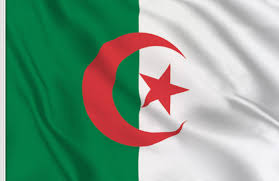
Algeria had a trade delegation at the BRICS summit and were given ‘BRICS Partner’ status. The country joined the New Development Bank as an equity partner earlier in the year, and has long sought full membership. It remains to be seen when the country would formally join the bloc as a decision was made in April to further evaluate potential and delay participation amongst negotiations. No doubt further discussions will need to take place. Algeria’s total trade with BRICS nations is estimated at being about US$12 billion.
Details of the Algerian economy in relation to BRICS can be seen here.
Uganda
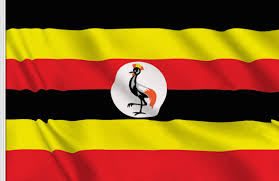
Uganda sent a small delegation to the BRICS summit and emerged with a new ‘BRICS Partner’ status. This move signals a new foreign policy era for Uganda, emphasising strategic partnerships and global integration with emerging economies. Ugandan trade with the BRICS economies is estimated to be about US$5 billion. Details of the Ugandan economy in relation to BRICS can be seen here.
Mauritania
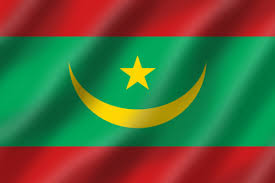
Mauritania sent a delegation led by President Mohamed Ould Cheikh El Ghazouani. Details of his bilateral discussion with Russian President Putin can be read here.
Other Countries
Russia has been extremely active in Africa over the past two years as the continent moves from a European colonial past to what many African governments perceive as a multilateral future. This has included senior level visits by Russian officials to discuss trade, security and investment with Burkina Faso, the Central African Republic, Chad, Congo, the Republic of Congo, Equatorial Guinea, Guinea, Libya, Mali, Morocco, Niger, Sao Tome & Principe, Senegal, Sudan, Tanzania, and Zimbabwe Several of these countries have applied to join BRICS.
Russian marine biologists are currently on a six-month expedition to assess fish stocks in the African Atlantic and Indian Ocean sectors, which will eventually morph into investment, trade and naval security on the West and East African coasts. Russia is reaching out in other ways too – African cocoa is now traded on the Mocow Commodities Exchange.
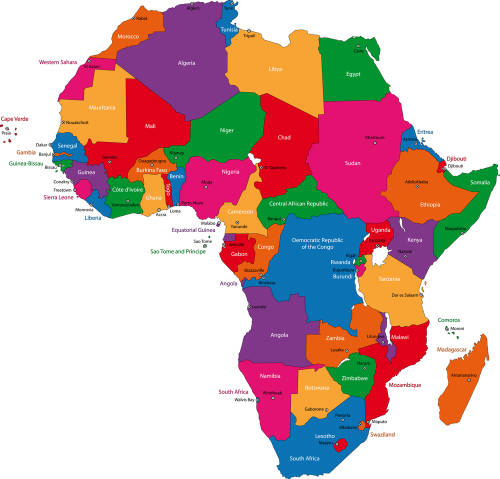
Summary
The BRICS nations are in favour of seeing the African continent given a permanent seat on the UN Security Council, while both China and India retain significant diaspora throughout the region. They are all, along with Russia, becoming more involved in Africa’s economic development as many of its countries begin to move away – and in some cases completely reject – the previous European colonial attitudes towards it. These moves, together with significant diplomatic efforts especially by China and Russia, coupled with African concerns over the fairness of its dealings with the West, are starting to move the entire continent towards the BRICS as a ‘multilateral group and away from European influence. There remain security concerns however, and the BRICS is not a security-related institution. This means, we suspect, that the Shanghai Cooperation Organisation may begin to become involved in African security dialogue in future. However, in trade and development terms, while there is a lot to be done in Africa, the future appears encouraging.
Further Reading
Ethiopia Calls For Alternative BRICS Monetary System
Continue Reading





 Русский
Русский








